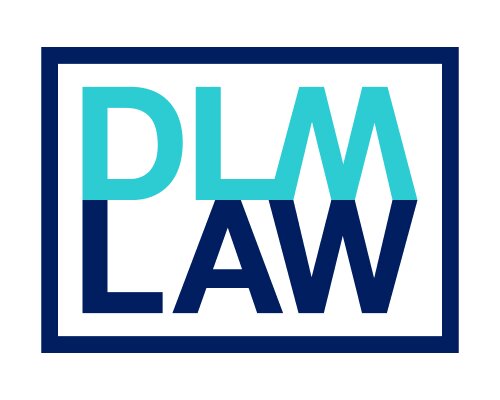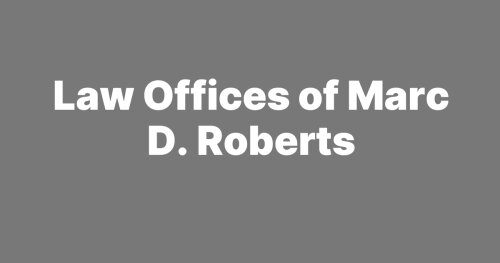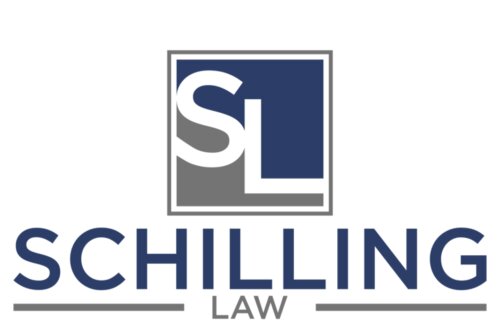Best Class Action Lawyers in Kansas
Share your needs with us, get contacted by law firms.
Free. Takes 2 min.
Or refine your search by selecting a city:
List of the best lawyers in Kansas, United States
About Class Action Law in Kansas, United States
Class action lawsuits are a legal tool that allows a group of individuals with similar claims to sue collectively. In Kansas, as well as throughout the United States, class actions are often pursued when numerous people are affected by the same wrongful conduct, such as consumer fraud, defective products, employment violations, or environmental harm. The primary goal of a class action is to efficiently resolve many similar claims at once instead of requiring each person to file separate lawsuits. Kansas courts, both state and federal, handle class action cases according to specific rules and procedures designed to protect the interests of the class members and ensure fair outcomes.
Why You May Need a Lawyer
Class action lawsuits can be complex and highly specialized. You might need a lawyer in the following common situations:
- You believe a company or organization has violated your rights in a way that also affects others, such as through false advertising, workplace discrimination, or unsafe products.
- You have received notice that you may be part of a class action and do not understand your rights or obligations.
- You want to know whether your situation qualifies for a class action or if an individual lawsuit is more appropriate.
- You have been contacted to serve as a class representative and need guidance on responsibilities and potential risks.
- You are concerned about the settlement terms of a class action that affects you and wish to opt out or object to the agreement.
A lawyer with class action experience can explain your options, assess the strength of your case, and help you participate in or initiate a class action in Kansas.
Local Laws Overview
Kansas class action lawsuits are governed by both federal rules and specific state laws. The Kansas Code of Civil Procedure, notably Kansas Statutes Annotated (K.S.A.) Chapter 60, outlines the legal requirements for class actions in state courts. The key aspects include:
- Class Certification: The court must certify a class before a case can proceed as a class action. This involves proving numerosity, commonality, typicality, and adequacy of representation.
- Notice to Class Members: Courts require that all potential class members be notified, typically through mail, publication, or digital means, ensuring they are informed about their rights.
- Opt-Out Rights: Kansas law usually provides an opportunity for class members to opt out, allowing individuals to pursue their own lawsuit if they wish.
- Settlements and Approval: Any proposed settlement must be approved by the court, after a fairness hearing, to ensure it serves the interests of the class as a whole.
- Attorney’s Fees: Any legal fees awarded to class counsel are reviewed and approved by the court to protect class members.
Federal class actions filed in Kansas are governed by Rule 23 of the Federal Rules of Civil Procedure, which largely mirrors state law but may have some procedural differences.
Frequently Asked Questions
What is a class action lawsuit?
A class action lawsuit allows a group of people with similar injuries or grievances to sue a defendant as a single group, rather than individually.
Can I start a class action lawsuit in Kansas?
Yes, if your situation meets the requirements for a class action, you can work with an attorney to file a class action lawsuit in Kansas state or federal court.
Do I need to do anything if I receive a class action notice?
Notices typically explain your rights, including how to claim benefits, object, or opt out. You are usually automatically included unless you choose to opt out.
Will joining a class action cost me money?
Most class actions are handled on a contingency fee basis, meaning class members usually pay nothing out of pocket. Attorney’s fees are paid from any settlement or judgment, subject to court approval.
How long does a class action lawsuit take?
Class action lawsuits can take several months to several years to resolve, depending on complexity and court schedules.
How do I know if I am eligible to join a class action?
Eligibility depends on whether you fit the criteria described in the lawsuit’s class definition. The class action notice or an attorney can help clarify if you qualify.
What are the risks of participating in a class action?
Risks are generally low, but you may give up the right to sue the defendant individually for the same matter. If you act as a class representative, responsibilities and scrutiny may be greater.
Can a class action be settled without my input?
Settlements require court approval and class members are notified. You may have the right to object to a settlement before approval.
What if I disagree with a class action settlement?
You can formally object to the settlement during the court’s approval process, or you may choose to opt out and pursue your own claim.
Are there time limits to join a class action in Kansas?
Yes, time limits known as statutes of limitations apply. Deadlines depend on the type of claim, so it is important to review any notices promptly and consult with an attorney.
Additional Resources
If you need more information about class actions in Kansas, the following resources may be helpful:
- Kansas Judicial Branch - Find general information on court processes and forms.
- Kansas Bar Association - Provides lawyer referrals and educational materials.
- Legal Aid of Kansas - Offers free or low-cost legal services to qualified individuals.
- Federal District Courts in Kansas - Handles federal class action cases.
- Consumer Financial Protection Bureau and Federal Trade Commission - For information on consumer-related class actions and complaints.
Next Steps
If you believe you are affected by the issue of a potential class action or have been notified as a class member, take the following steps:
- Carefully read any documents or notices you receive related to the class action.
- Gather relevant records and evidence related to your claim.
- Contact a qualified Kansas class action lawyer for a consultation. They can advise you on eligibility, next steps, and best strategies for your interests.
- If you need immediate legal assistance but cannot afford a lawyer, reach out to Kansas Legal Aid or other nonprofit organizations for support.
- Monitor deadlines closely, as missing them could limit your right to participate in or object to the class action.
Navigating a class action lawsuit can be complex, but seeking knowledgeable legal guidance will help protect your rights and improve the likelihood of a fair outcome.
Lawzana helps you find the best lawyers and law firms in Kansas through a curated and pre-screened list of qualified legal professionals. Our platform offers rankings and detailed profiles of attorneys and law firms, allowing you to compare based on practice areas, including Class Action, experience, and client feedback.
Each profile includes a description of the firm's areas of practice, client reviews, team members and partners, year of establishment, spoken languages, office locations, contact information, social media presence, and any published articles or resources. Most firms on our platform speak English and are experienced in both local and international legal matters.
Get a quote from top-rated law firms in Kansas, United States — quickly, securely, and without unnecessary hassle.
Disclaimer:
The information provided on this page is for general informational purposes only and does not constitute legal advice. While we strive to ensure the accuracy and relevance of the content, legal information may change over time, and interpretations of the law can vary. You should always consult with a qualified legal professional for advice specific to your situation.
We disclaim all liability for actions taken or not taken based on the content of this page. If you believe any information is incorrect or outdated, please contact us, and we will review and update it where appropriate.
Browse class action law firms by city in Kansas
Refine your search by selecting a city.














